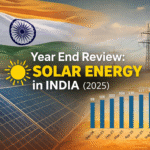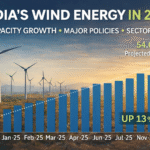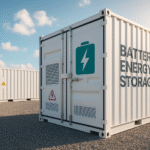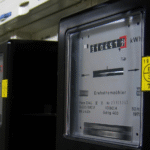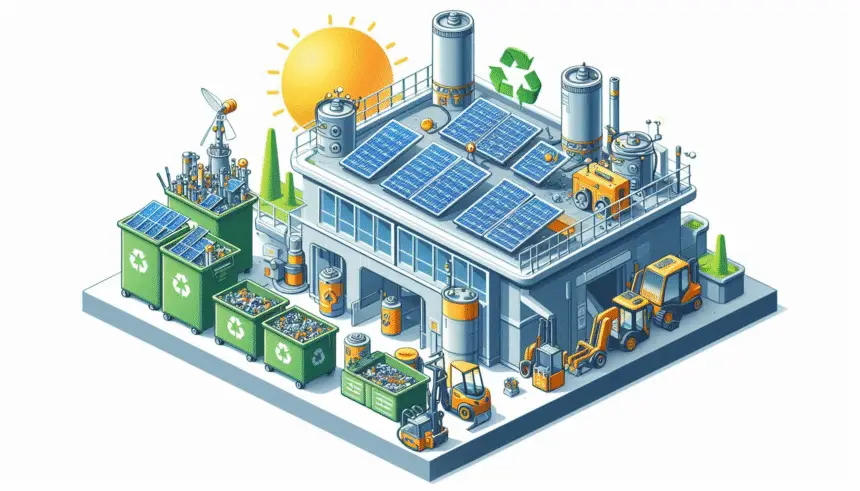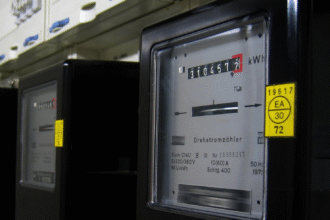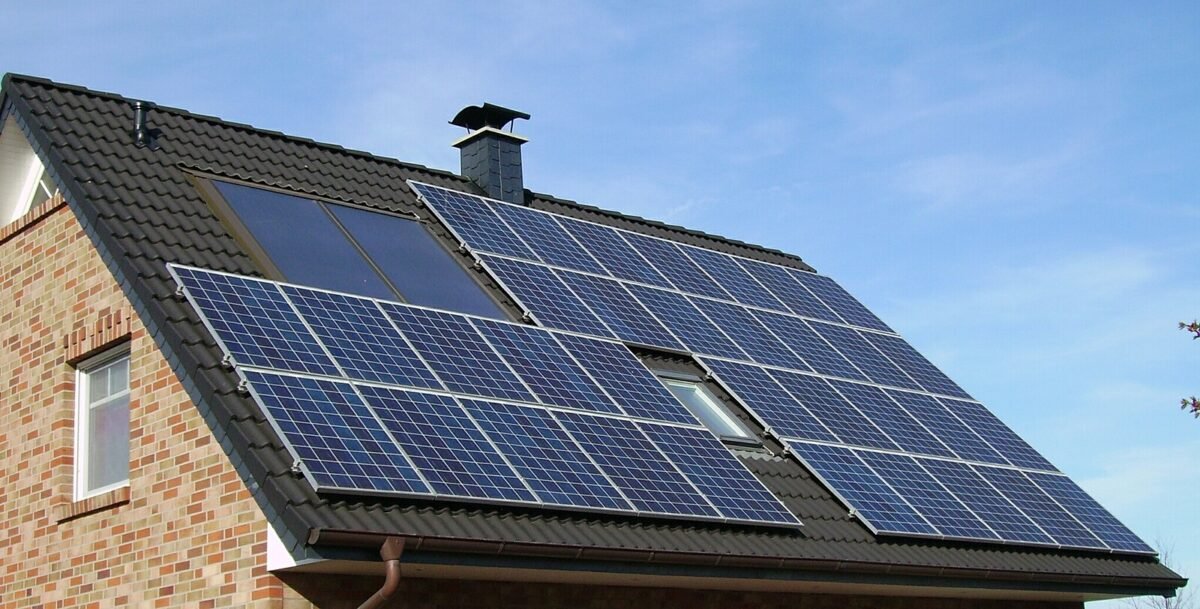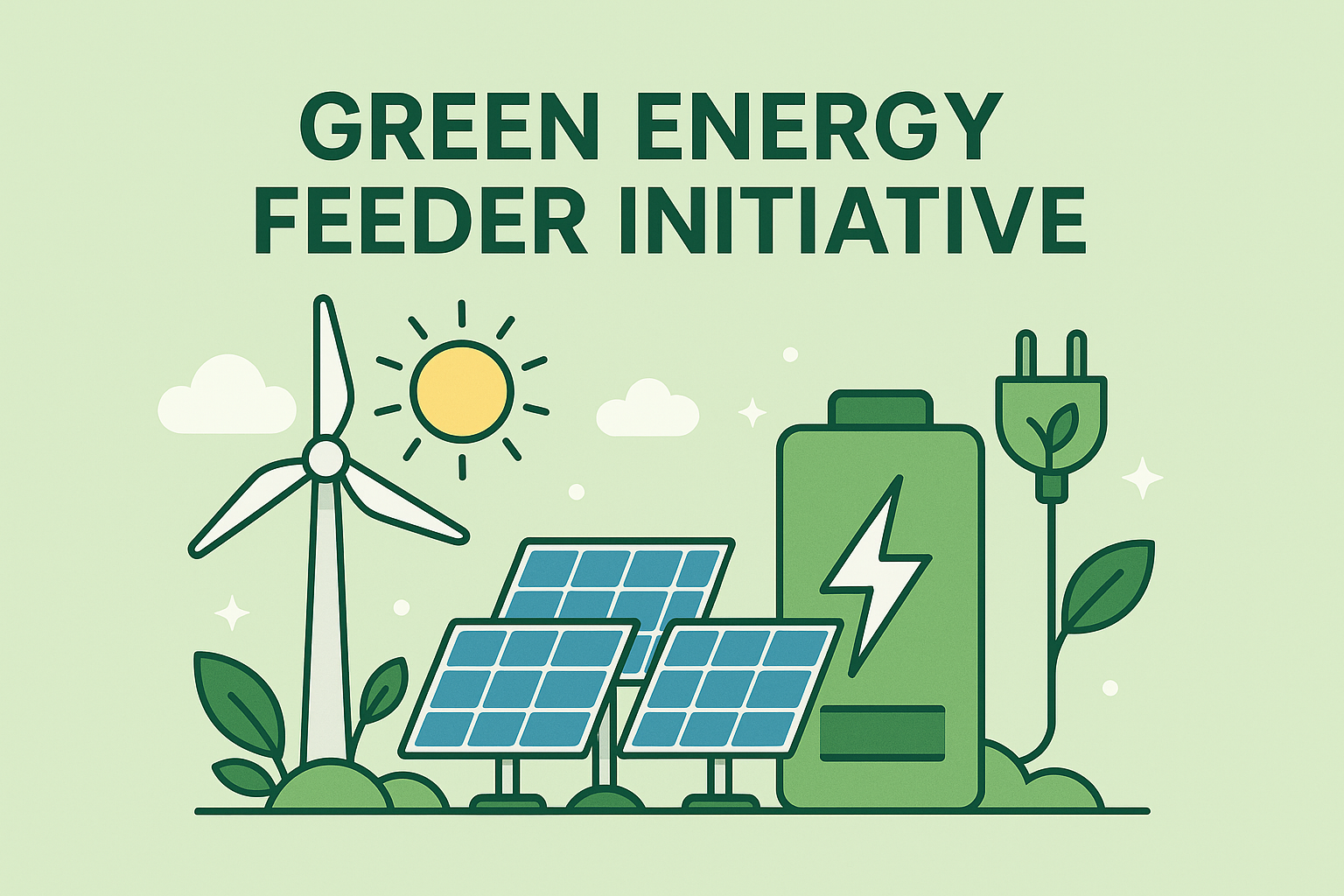New Delhi, June 2025 – In a significant move towards building a circular economy in India’s renewable energy sector, the Ministry of New and Renewable Energy (MNRE) has issued a fresh call under its Renewable Energy Research and Technology Development (RE-RTD) programme. This round, launched in June 2025, places a special emphasis on innovations in end-of-life management for solar photovoltaic (PV) systems and battery storage, signalling a policy-level commitment to sustainability and resource efficiency.
Simultaneously, India’s Central Pollution Control Board (CPCB) has proposed new Extended Producer Responsibility (EPR) regulations for solar PV modules, mandating safe handling, disposal, and recycling. Together, these two policy actions create a comprehensive roadmap to tackle the looming challenge of solar waste while fostering domestic innovation and entrepreneurship in clean-tech recycling.
MNRE RE-RTD: Innovation Challenge for Circular Clean Energy
The RE-RTD programme, originally launched in 2021 with a budget outlay of ₹228 crore (till 2026), supports cutting-edge R&D in renewable technologies. The latest call, opened in June 2025, prioritizes:
- Solar panel recycling technologies, including recovery of silver, silicon, glass, and rare earths
- Battery reuse and second-life applications, particularly for grid stabilization or off-grid storage
- Modular dismantling systems for decentralized deployment
- Digital tracking solutions to monitor PV modules through their lifecycle
Interested research institutions, startups, and public-private consortia have been invited to submit proposals by July 2025, with MNRE co-funding up to 75% of project costs.
CPCB’s EPR Framework for Solar PV
The push for innovation comes at a critical time. On May 30, 2025, the CPCB released a draft EPR framework titled “Safe Handling and Disposal of Solar Photovoltaic Modules”. This is the first regulatory attempt to explicitly bring solar modules under the purview of waste management laws.
Key provisions include:
- Mandatory registration of manufacturers and bulk consumers under the E-Waste (Management) Rules, 2022
- Obligation to collect, store, and channel waste modules only to authorized dismantlers or recyclers
- Annual EPR reporting, verified through online portals
- Infrastructure guidelines for recyclers, including leachate management and safe storage protocols
The draft is open for public consultation until June 29, 2025, after which final implementation is expected later this year.
Global Lessons in Circular Solar
India’s twin approach mirrors global best practices seen in countries already grappling with solar waste:
- European Union (WEEE Directive):
All EU states mandate PV module take-back and recycling, with traceability systems and minimum material recovery rates. France’s PV Cycle and Spain’s EcoPV are cited as models. - United States (Washington State):
In 2023, Washington became the first US state to require PV manufacturers to operate or fund free take-back programs. - China and Japan:
Both nations have implemented centralized battery disposal schemes and EPR models for electric vehicle batteries, emphasizing reuse and thermal recycling.
Connecting the Dots: Innovation + Regulation
By aligning R&D incentives (RE-RTD) with compliance mandates (EPR), India is creating a robust policy ecosystem for circular clean energy.
| Pillar | MNRE RE-RTD Programme | CPCB EPR Regulation |
|---|---|---|
| Objective | Develop domestic recycling tech | Ensure industry accountability for solar waste |
| Instruments | Grants, co-funding, pilot support | Legal mandate, registration, reporting |
| Long-term Impact | Green jobs, tech exports, IP | Safe waste handling, reduced landfills |
This convergence is timely, with India expected to generate over 600,000 tonnes of PV waste by 2040 (according to the International Renewable Energy Agency).



